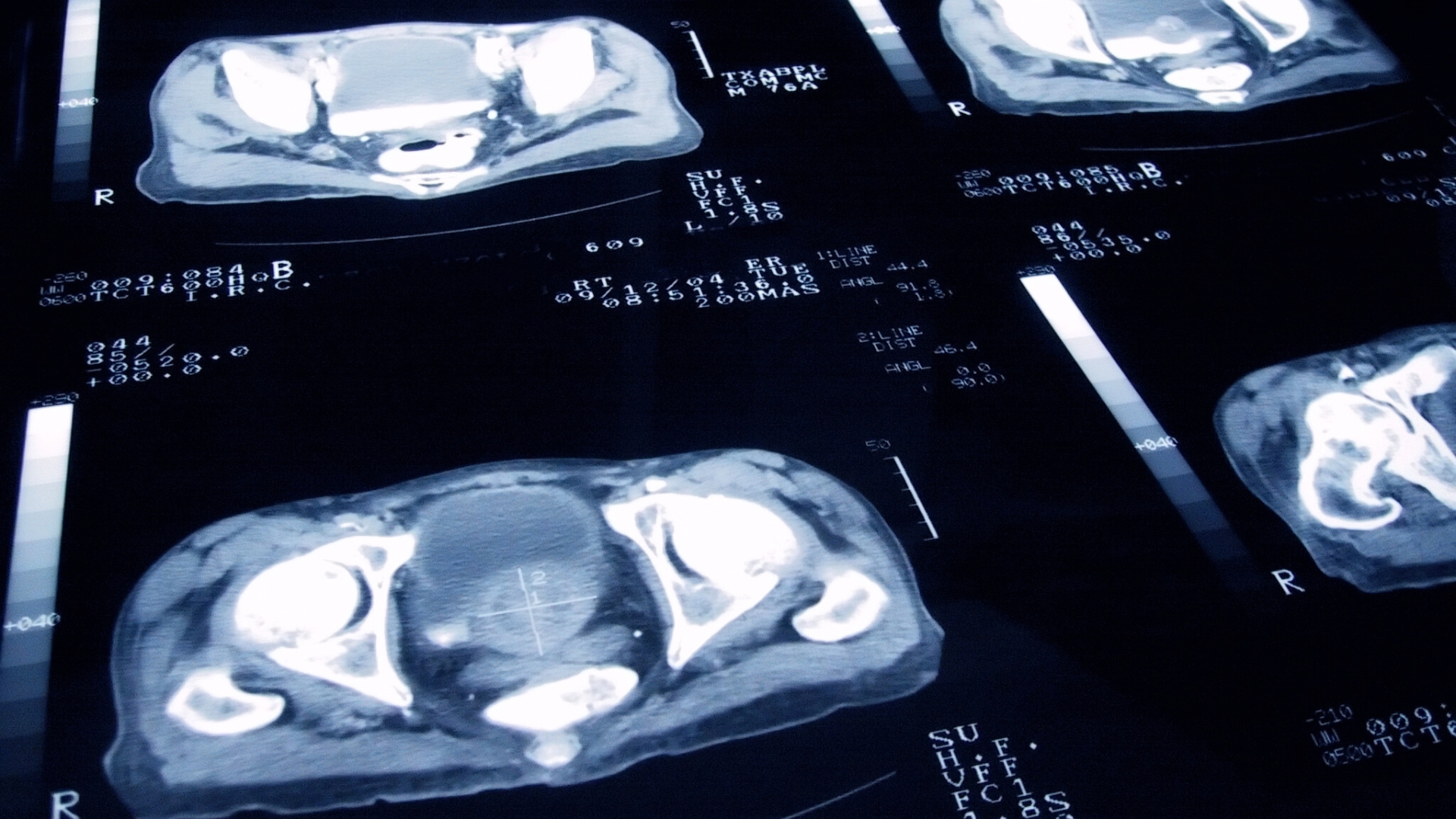Understanding Prostate Cancer
Understanding Prostate cancer is a type of cancer that occurs in the prostate, a small walnut-shaped gland in men that produces seminal fluid. It is one of the most common types of cancer in men. While some types of prostate cancer grow slowly and may need minimal or no treatment, other types are aggressive and can spread quickly. Early detection through screening plays a crucial role in managing prostate cancer effectively.
Causes and Risk Factors
The exact cause of prostate cancer is not clear, but several factors can increase the risk of developing the disease:
- Age: The risk of prostate cancer increases significantly with age, particularly after age 50.
- Family History: Having a father, brother, or son with prostate cancer increases your risk.
- Genetics: Certain inherited gene mutations, such as BRCA1 and BRCA2, can increase the risk of prostate cancer.
- Race: African American men are at higher risk of developing prostate cancer and tend to have more aggressive forms of the disease.
- Diet: A diet high in red meat and high-fat dairy products and low in fruits and vegetables may increase the risk.
- Obesity: Obese men diagnosed with prostate cancer may be more likely to have advanced disease that’s more difficult to treat.
Signs and Symptoms
Prostate cancer may not cause any signs or symptoms in its early stages. When symptoms do occur, they can include:
- Difficulty urinating or a decreased force in the stream of urine
- Blood in the urine or semen
- Discomfort in the pelvic area
- Bone pain
- Erectile dysfunction
Prevention
Preventing prostate cancer involves several strategies, especially for those at higher risk:
- Regular Screenings: Prostate-specific antigen (PSA) blood tests and digital rectal exams (DRE) can help detect prostate cancer early.
- Healthy Diet: Eat a diet rich in fruits, vegetables, and whole grains while limiting red meat and high-fat dairy products.
- Regular Exercise: Engaging in regular physical activity to maintain a healthy weight.
- Limit Alcohol Consumption: Reducing alcohol intake to lower risk.
- Avoid Smoking: Refrain from smoking to improve overall health.
Plants That Could Help
Certain plants and herbs are believed to have properties that may support prostate health and help reduce cancer risk:
- Saw Palmetto: Often used to support prostate health and reduce symptoms of an enlarged prostate.
- Tomatoes: Rich in lycopene, an antioxidant that may help reduce the risk of prostate cancer.
- Green Tea: Contains catechins and other antioxidants that may help prevent cancer cell growth.
- Pomegranate: Known for its anti-inflammatory and antioxidant properties.
Supplements That Could Help
In addition to a healthy diet, certain supplements may support prostate health and help manage symptoms:
- Vitamin D: Essential for immune function and may reduce cancer risk.
- Selenium: A mineral with antioxidant properties that may help protect cells from damage.
- Zinc: Important for prostate health and overall immune function.
- Omega-3 Fatty Acids: Anti-inflammatory properties that may help prevent cancer.
- Lycopene: Found in tomatoes and available as a supplement, it may reduce the risk of prostate cancer.
Healthy Tips
Implementing these tips can further help prevent and manage prostate cancer:
- Stay Informed: Keep up-to-date with the latest research and guidelines on prostate cancer prevention.
- Regular Checkups: Visit your healthcare provider regularly for screenings and checkups.
- Self-Care: Practice stress-reducing techniques such as yoga, meditation, or deep breathing exercises.
- Healthy Lifestyle: Maintain a balanced diet, exercise regularly, and avoid known risk factors.
- Monitor Symptoms: Be aware of any changes in your health and seek medical advice if you experience symptoms associated with prostate cancer.
References
- American Cancer Society. (2023)
- Mayo Clinic. (2023)
- National Cancer Institute. (2023)
- PROSTA-LIQ: Prostate Health & Urinary Support with Serenoa Oil
- PROSTA-LIQ PLUS: Prostate Health & BPH Prevention












